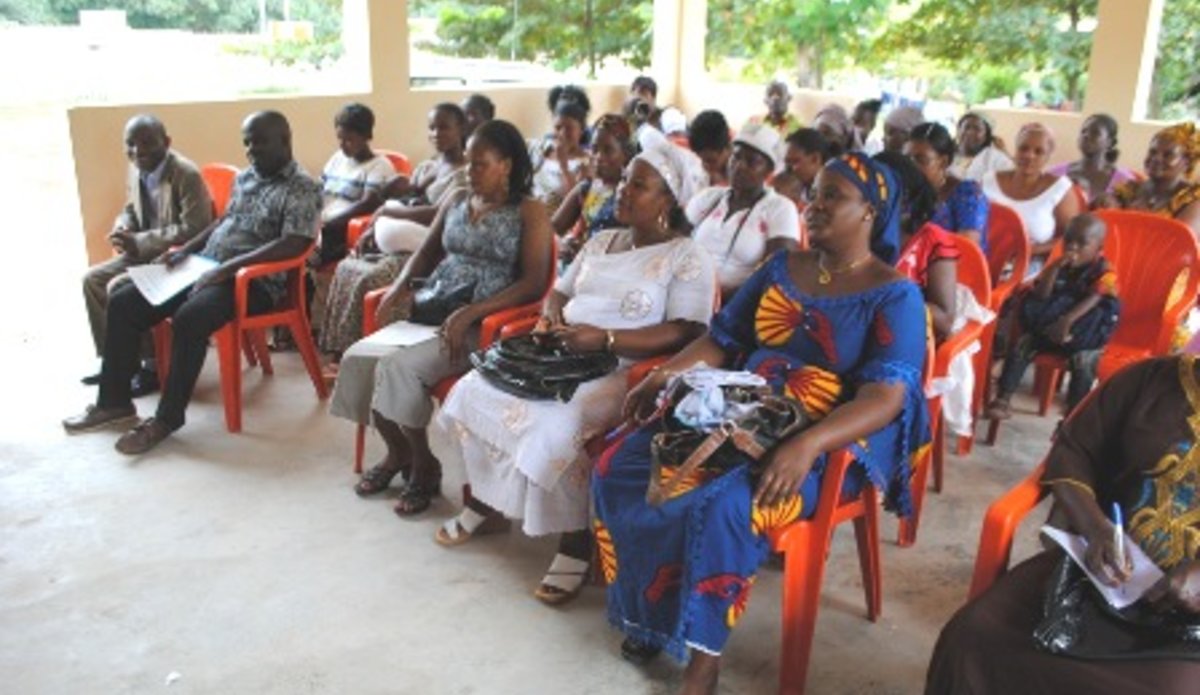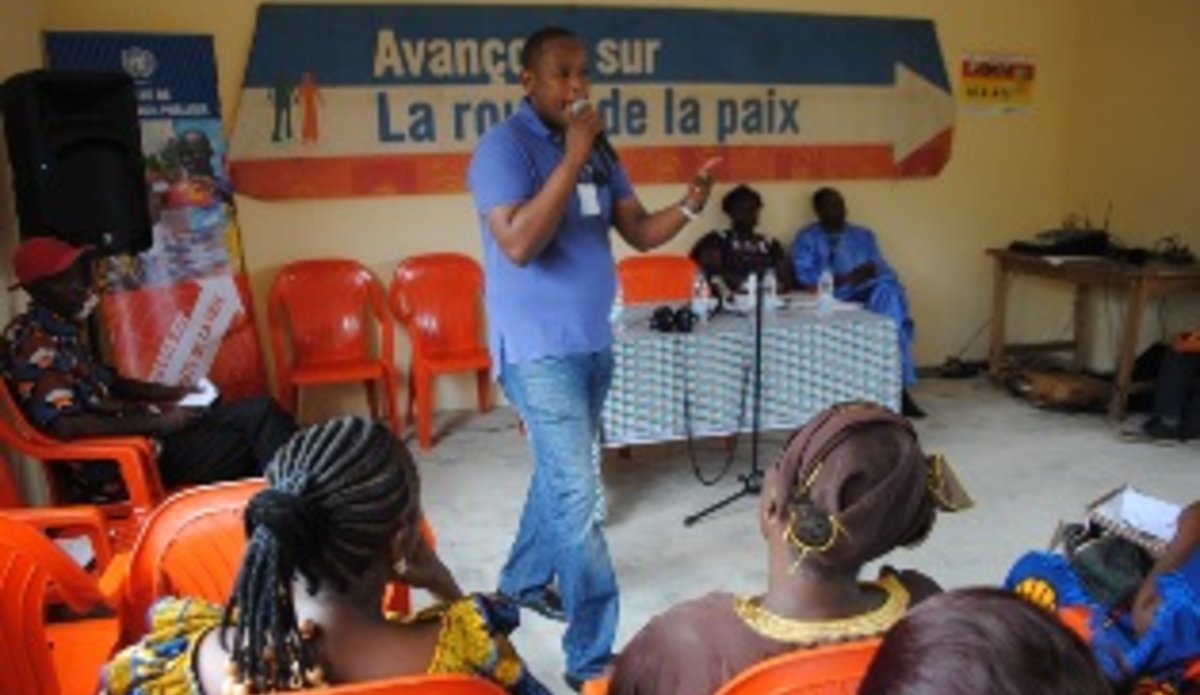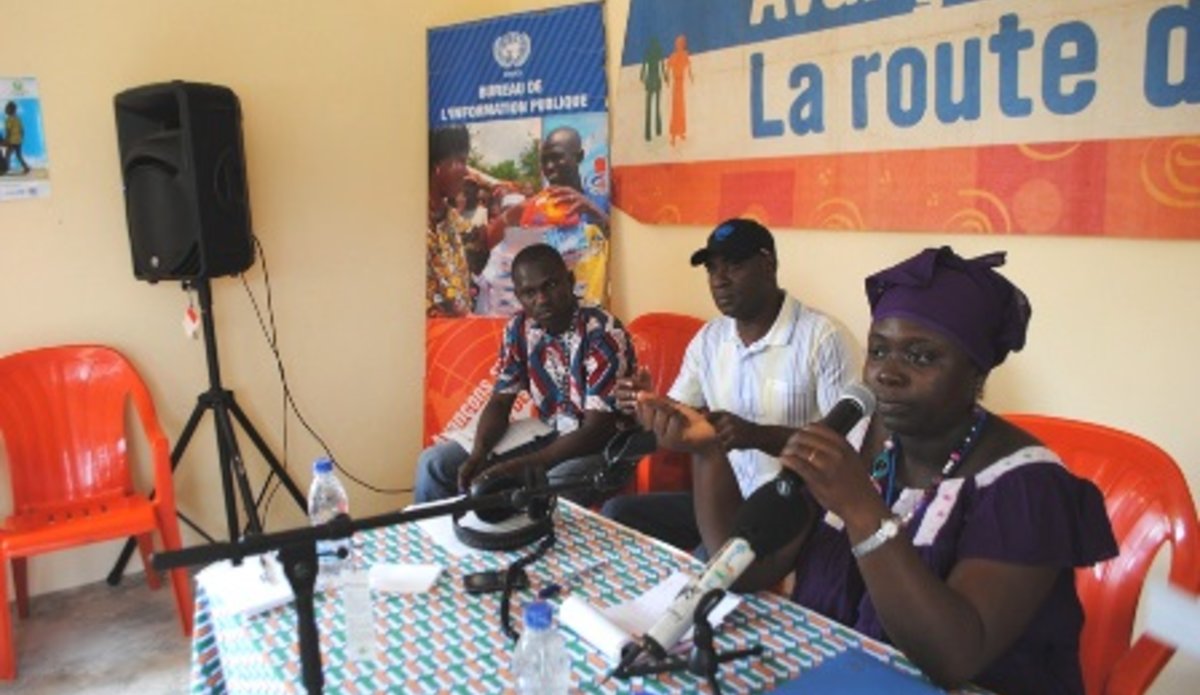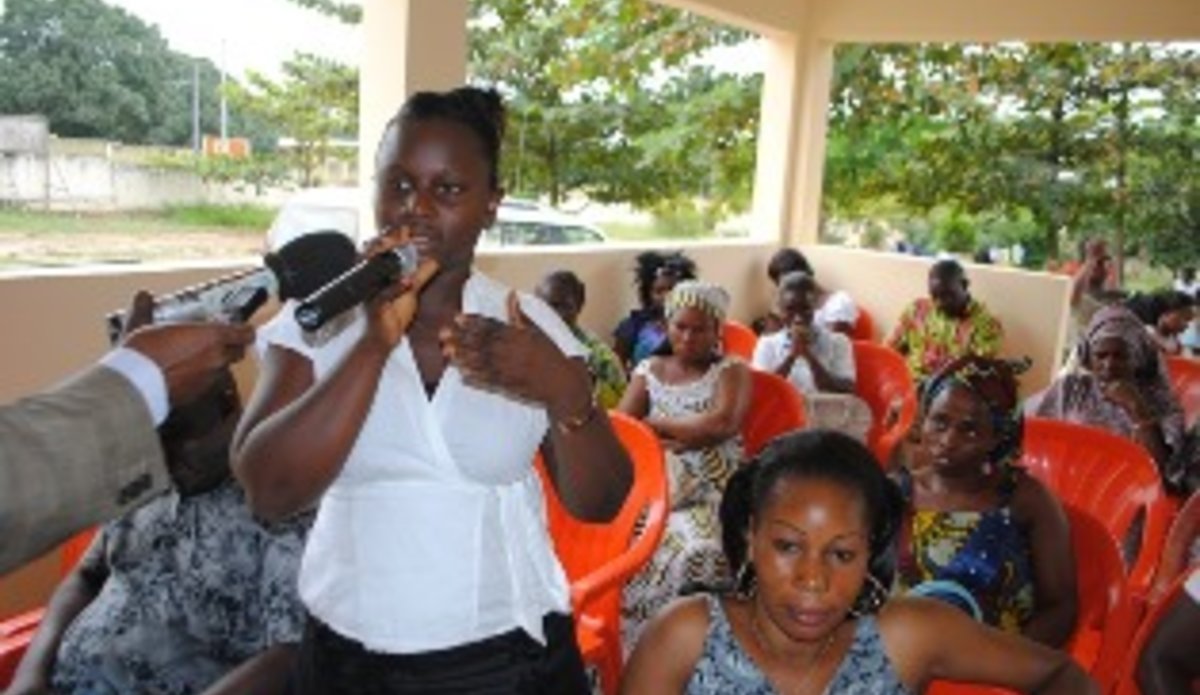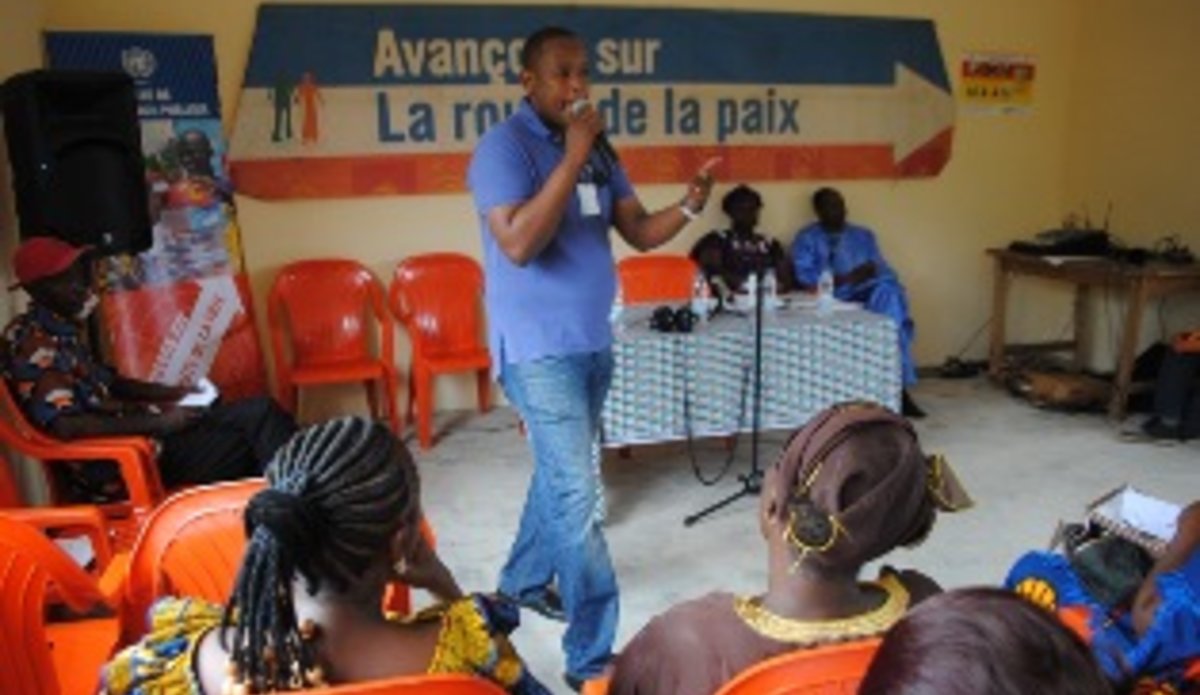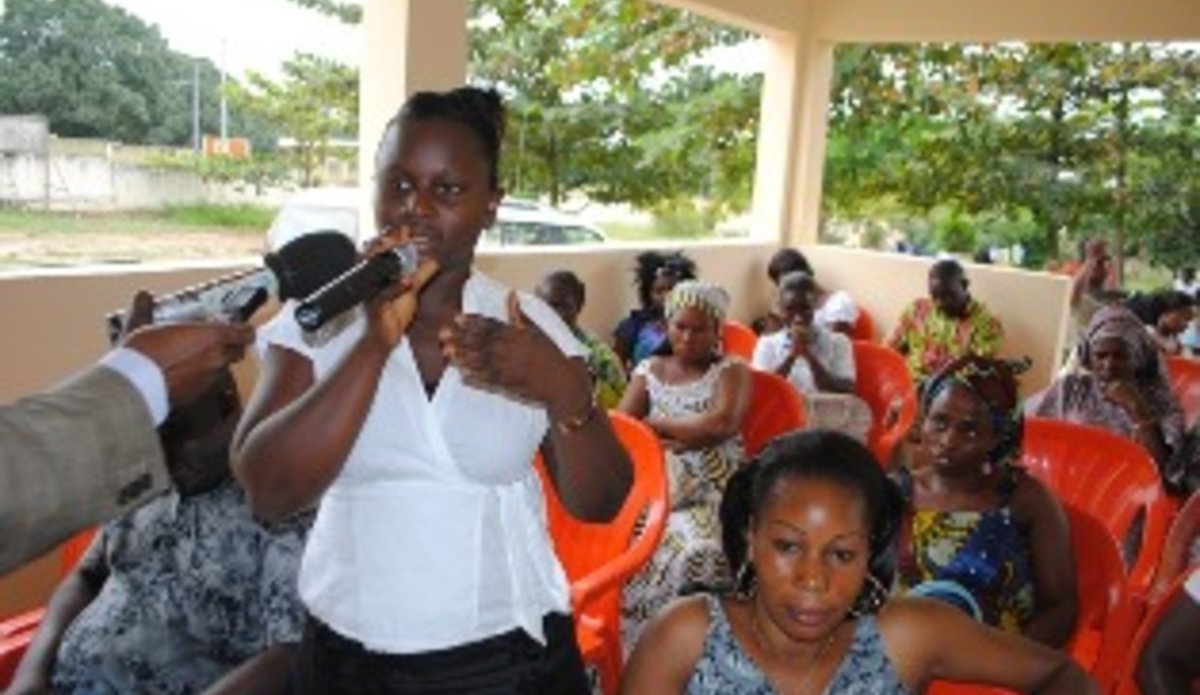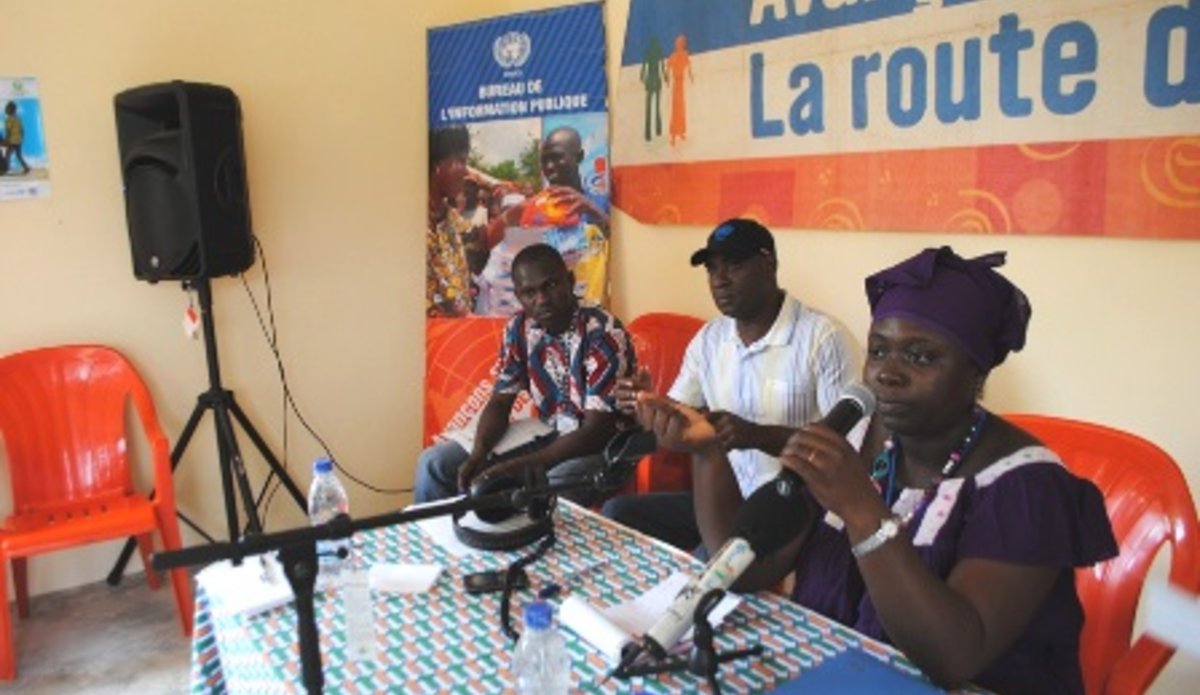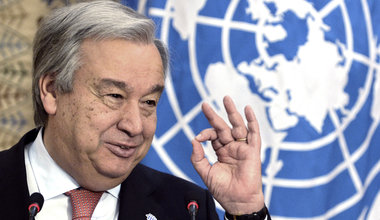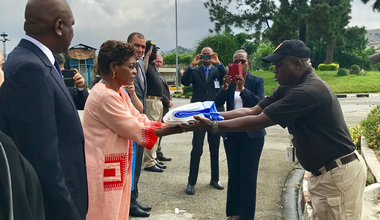UNOCI educates teachers’ wives in Guiglo on gender-based violence
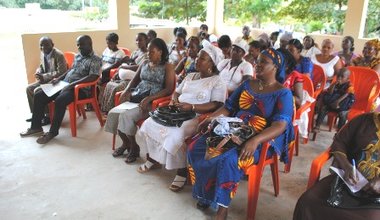
The association of teachers' wives in Guiglo (532 km north-west of Abidjan) recently attended an awareness-raising meeting on gender-based violence organized by the UN Operation in Cote d'Ivoire (UNOCI) and the UN Population Fund (UNFPA) in collaboration with the Legal Clinic.
The representative of UNOCI Civil Affairs section, Ramillo Rudaragi spoke of the torture of women in times of crisis. 'During armed conflicts, women are among
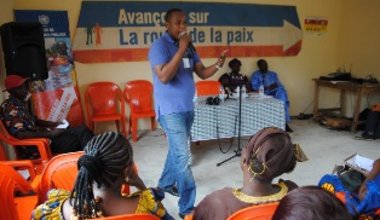
those who suffer most. They are exposed to gang rape which is a deliberate act to demoralize the enemy. These acts which have been defined as crimes against humanity are, unfortunately, recurrent," he said.
For his part, the representative of the Human Rights division, Mohammed Sidien, stressed on the importance of women in society. "Apart from the general provisions of the law, there are specific provisions regarding the rights of women such as those concerning education, the right to property, protection from physical aggression, right to dignity in the home, the right to health, freedom of expression and of choice," he explained.

"The division of labour which consists in confining women to domestic tasks and men to tasks considered as noble is not right," Abiba Ouattara of UNFPA said. According to her, this manner of social differentiation subsequently results in gender-based violence (GBV). She outlined six kinds of GBV including rape, sexual aggression, physical aggression, forced and early marriage, the denial of resources, opportunity or service and psychological maltreatment.
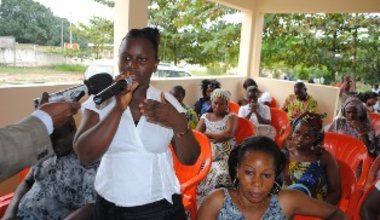
The representative of the Legal Clinic, Innocent Traore placed emphasis on the legal aspects of GBV. "The law is there to regulate, to sanction persons who do not respect it. The rape of a minor is punishable by life imprisonment while perpetrators of female genital excision are liable to five years imprisonment," he explained. He called on participants to report incidents of rape or other punishable acts to the police, gendarmerie or the courts.
 UN
UN United Nations Peacekeeping
United Nations Peacekeeping
